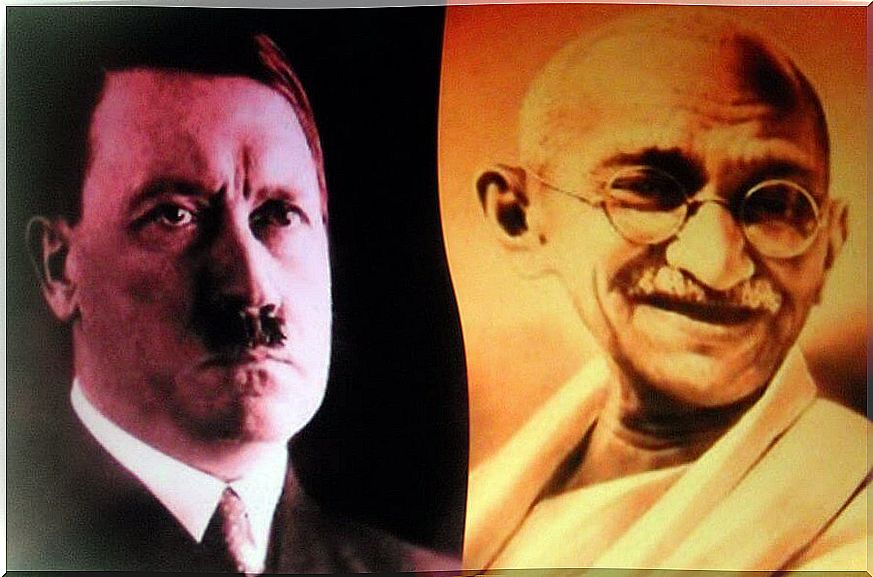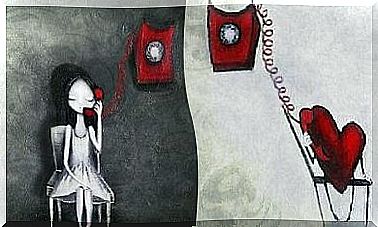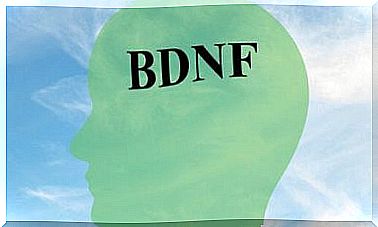Gandhi’s Letter To Hitler

“Who really knows what he is talking about has no reason to raise his voice”
(Leonardo Da Vinci)
It is truly surprising that Gandhi could have written a letter to Hitler with a heading such as “Dear friend” and a conclusion such as “At your disposal, your sincere friend”.
Gandhi sent this letter to Hitler in 1930, just as a new war threatened Europe.
It would seem that the letter never made it into Hitler’s hands, but it is a very revealing text of the personality of one of the characters who has been and still is admired by many people around the world.
His intelligence, which has masterfully worked to understand the world and life through understanding, humility and the ability to win a thousand battles without a single war, is the key to understanding this character.
His mental skill is a clear example of the Interpersonal Intelligence that Gadner describes in his theory of multiple intelligences.
” My dear friend,
Friends have encouraged me to write to you on behalf of humanity. I resisted their request, thinking a letter from me would be impertinence. But something tells me I shouldn’t do any math and should make this call no matter what the cost.
It’s pretty clear that today you are the only person in the world who can prevent the outbreak of a war that can reduce humanity to the wild.
Do you have to pay this price to achieve your goal, however precious it seems to you? Will you listen to the call of a man who has deliberately avoided the solution of war, not without some success?
However, I ask for your forgiveness in case I made a mistake in writing to you.
I remain Your sincere friend, Sd. Mr. MK Gandhi. “
If we follow the thread of this revealing letter, it is interesting to say that it was criticized by the public opinion, because it was considered that it employed an overly submissive tone.
But Gandhi never had the slightest doubt: shouting louder does not make you heard better.
He demonstrated this in his famous and peaceful “salt walk” and in all the demonstrations he carried out throughout his life.
Gandhi reportedly sent Hitler a second letter on December 14, 1940, asking him to stop the war.
Currently, both letters are in Mani Bhavan, Bombay, where this “peaceful rebel” has lived for almost 20 years. Mani Bhavan is a museum that invites us to get to know this character better.
Thus, the history of humanity offers us a thousand examples of thoughts, and of intellectual and emotional capacities which allow us to confront the world and which give as result, the best actions of the human being but also his greatest atrocities. .
What are the other examples that we could take out of history to live better in the present?
And how many stories should we teach in school and in politics to make the world a little better?
Psychology is to be found everywhere, in art and in history, in the way we greet our neighbor, in the way we address the supermarket to the person who squeezed into the endless line, overtaking everyone. , as well as in the way we behave at the wheel in traffic jams …
To conclude this reflection, we share with you other examples in history of how “the spirit rules the world”.
-Democracy in Athens in 460 BC. BC One of the first milestones of history. A concept that has revolutionized and changed the way of seeing companies.
Power is no longer the preserve of one person but of all people. In this way, we can be happier in our daily lives thanks to a legal system that is fair, not just for a few, but for an entire community.
-The invention of printing in 1450. An important event to understand that education and culture must be accessible for the whole world.
Education is the most powerful weapon to positively transform the world.
– Women obtained the right to vote in 1893 in New Zealand. Little by little, other nations will follow (in France, this will take place in 1944). Women have a lot to contribute to society.
-The United States dropped the first atomic bomb in 1945 in Japan. An example of human barbarism.
What other historical facts do you think are important for improving human relations?









